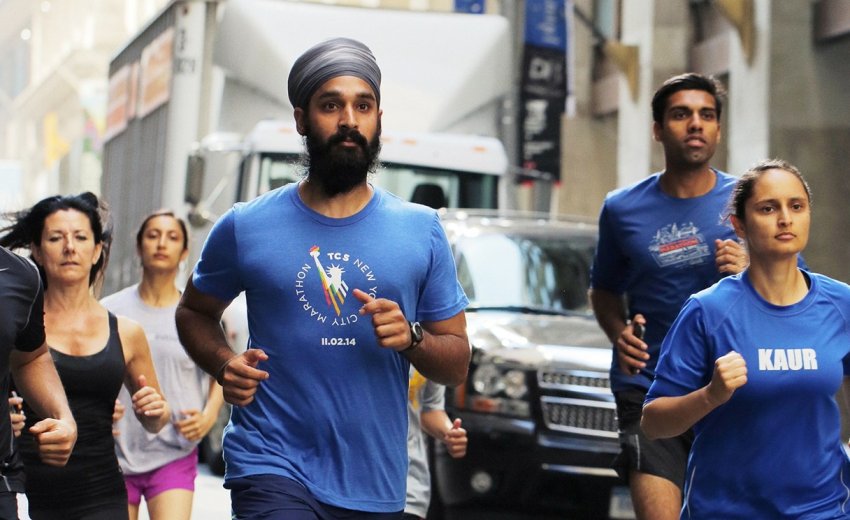An American Sikh postdoctoral researcher at New York University was shouted at and called "Osama" by a teenager in an instance of racism against Sikh community members.
Simran Jeet Singh, a postdoctoral fellow at NYU's Center for Religion and Media and a senior religion fellow for the Sikh Coalition, writes about the encounter on NBC News. Singh also describes how he confronted the young black man after being called racial slurs.
He shares that while he was running from NYU's office to his home along the Hudson River. Though he was wearing headphones, he could still hear someone shouting out, "Osama! Osama!" along with another inappropriate expletive. He turned to check who was yelling and noticed a group of three young teenagers
He decided to continue on his way but recalled another incident from the past week when an older woman had called him a different racial slur as she walked by him. Singh regretted not confronting her and promised to be better prepared next time.
He said, "I told myself I would be better prepared next time. I consulted with my friends, asking how I could have responded effectively and constructively."
"I took their advice to heart, not realizing that I would find myself in a similar situation just a week later,"
The entire reflection passed through his mind, and he abruptly stopped running. Having assessed the scene, he decided to approach the teenager who had shouted slurs at him. The young black man avoided eye contact.
As Singh approached him, the teenager said he was joking and apologized.
“NO, it’s not that easy,” said Singh.
Simranjeet told him those slurs were not at all funny. Then he told him that he had to wait and listen for a minute.
“It hurts,” he told him. “It hurts when people say racist stuff towards me. It hurts when people see me and assume I’m the enemy. And it hurts even more because you know exactly how it feels. You know how messed up that is?” Singh added.
“Yeah, that’s true,” responded the man.
“You know, people in this country used to say hateful stuff to your grandparents…” As he made the connections, his eyes grew a little wider. He seemed to have understood what Singh meant.
“Sh*t, man," he said. "I’m really sorry.”
He reached out his hand with sincerity. Singh shook his hand, asked him to be more thoughtful, and went on his way.
Singh says that he was grateful that the black man was willing to listen and learn. What started as a unique encounter with racism ended with an apology and handshake.
In his essay, Simran Jeet Singh shares his reasons for sharing this story. He says that not every encounter with racism should or could go this way and agrees that dialogue cannot be the only key to solving racism because it is much more complicated than that.
In this hostile political climate, an incident like this one is a small victory against bigotry. Knowing how ingrained anti-black racism is in Asian-American communities, it means a lot to conclude the conversation with a great sense of solidarity.
Elevating one young man’s consciousness might go a long way.
He expresses his gratitude for those who helped him respond appropriately in this situation and thanks them for giving him the fortitude to engage with someone who might have otherwise viewed him as the enemy.
By engaging with one another on a human level positive change is possible. The call for universal love is consistent in the teachings of Sikhism. Respecting people from all faiths and spreading the message of love and courage is something we all need to do to make the world a better place.

